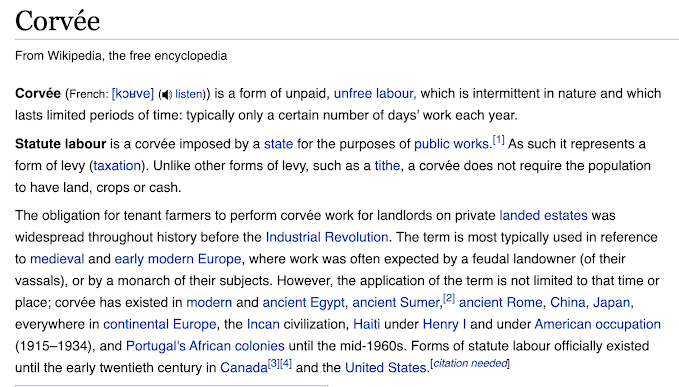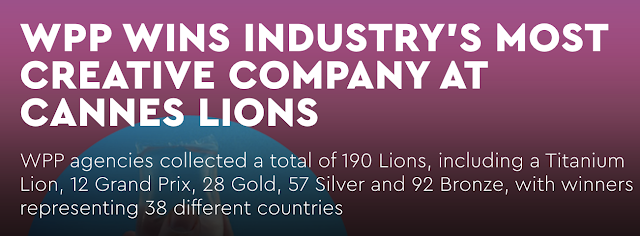For whatever reason, in advertising, I've hardly ever been allowed to be funny.
Maybe because I could always explain--nicely--the difference between a home owners' loan and a home-equity line-of-credit, or between machine learning and deep learning, or even why a model of passenger airplane kept falling from the sky. Whatever the reason, I've been relegated to the "elbow grease" sorts of assignments that don't get you a seat at Cannes or even the cool-kids' table.
That said (for a depressive) I'm an irrepressibly funny guy. I just excel at doing the full-page ad after the oil-spill. Not the one where the dad runs out of gas on the way to pick up his moppet of precociousness from second-grade. Oh! The hi-jinx that ensue.
When I worked in an office and even today, I try to layer my communications with emotions and moods that are appropriate and help them get remembered and get a response.
For the last 90 minutes I've had to fill out about 37 different forms all to earn a few days' gruel at a holding company agency.
I don't usually work for agencies anymore--my business is going gangbusters going direct to CEO. But I want to keep a toe in the game. One) to support friends who ask for help. And two) to make sure my standards are equal to--if not better than--what my highly-capitalized, yet precarious, competitors are offering.
I finally got through this raft of forms and decided to make myself smile. I do that on the assumption (perhaps grandiose) that if something makes me smile, it may hand others a laugh as well.
So in addition to returning an NDA, a CDA, a PDA, a NYPD, and a LSMFT, I sent this back with my passel of technocratic forms. Just to see if anyone was watching. And because I thought with all the ID they asked for, why not?
I also sent this, for a smile. Because, how could anyone resist this punim.
It's also why, when I send a note or write a bit of copy, I say "I'll have it in 29 minutes." While everyone else says "I'll have it in 30."
Or in a piece of copy, rather than saying "48-hour delivery," I'll write "delivery in about 47 hours and 27 minutes."
My point here is simple.
There are expected ways to do things. That's the way most things are done. Boring. Ugly. Un-thinking. Completely what you've always gotten.
And then there are things that are different.
They make you think. Smile. Remember. Laugh.
Like this commercial, below.
It gets noticed.
Remembered.
It makes you smile.
Remember smiling?
It's really your choice.

























